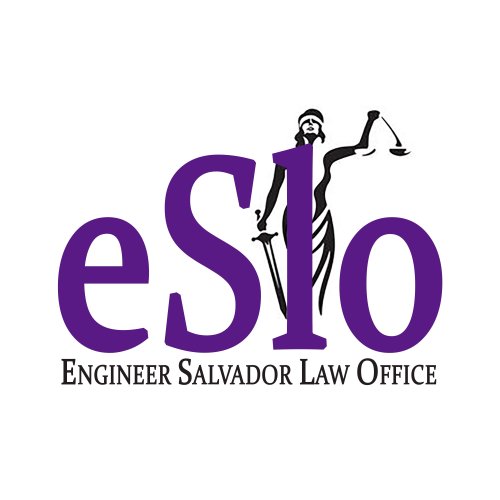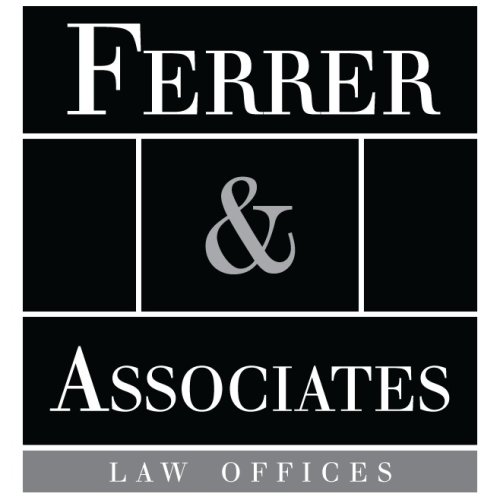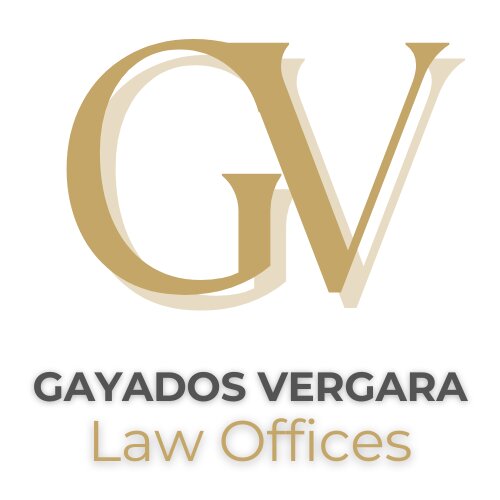Best Job Discrimination Lawyers in Philippines
Share your needs with us, get contacted by law firms.
Free. Takes 2 min.
Or refine your search by selecting a city:
List of the best lawyers in Philippines

Dagsaan Monterde Castillo Law and Notary Public (DMC LAW)
15 minutes Free ConsultationAbout Job Discrimination Law in Philippines
Job discrimination in the Philippines is a critical issue addressed by various laws designed to promote equality and prohibit discrimination in the workplace. The Philippine Constitution upholds the right of every individual to employment, free from discrimination on the basis of race, gender, age, religion, disability, or any other status. The Labor Code and the Anti-Age Discrimination in Employment Act are among the key legislative frameworks in place to combat job discrimination. These laws aim to ensure that every person has equal access to employment opportunities and fair treatment in all aspects of employment.
Why You May Need a Lawyer
While laws exist to safeguard against job discrimination, there are common situations where individuals may seek legal assistance. These include cases where an individual believes they were unfairly dismissed, denied a promotion, or faced verbal harassment due to discriminatory reasons. A lawyer can provide critical legal guidance, help gather necessary evidence, and represent you in disputes or negotiations with employers. They can also assist in filing a complaint with the appropriate governmental body or pursuing a lawsuit if necessary.
Local Laws Overview
The Philippines has several important laws addressing job discrimination:
- The Labor Code of the Philippines: Prohibits discrimination in employment on various grounds, including gender and age.
- Republic Act No. 10911 (Anti-Age Discrimination in Employment Act): Protects workers against age-related discrimination in hiring, promotion, training, and retirement.
- Republic Act No. 7277 (Magna Carta for Disabled Persons): Ensures equal employment opportunities for individuals with disabilities.
- Republic Act No. 9710 (Magna Carta of Women): Promotes gender equality and protects women from discrimination in various spheres, including employment.
Frequently Asked Questions
What constitutes job discrimination in the Philippines?
Job discrimination occurs when an employee or job applicant is treated unfavorably due to characteristics such as race, gender, age, religion, or disability, affecting their employment opportunities or conditions.
How can I prove job discrimination?
Proving discrimination often requires evidence such as witness testimonials, documentation of discriminatory policies or statements, and any records of unfair treatment related to protected characteristics.
What should I do if I face discrimination at work?
Record incidences of discrimination, report the issue to your HR department or employer, and seek legal advice if the issue is not addressed satisfactorily.
Can I file a lawsuit against my employer for discrimination?
Yes, if the discrimination persists despite efforts to resolve the issue internally, you may file a complaint with the National Labor Relations Commission or pursue legal action with the help of a lawyer.
Does age discrimination apply to all ages?
The Anti-Age Discrimination Act protects individuals of all ages from discrimination in hiring, training, and termination, among other employment aspects.
Are there specific laws protecting women against job discrimination?
Yes, the Magna Carta of Women specifically aims to eliminate discrimination against women, promoting equality in hiring, promotion, and other employment terms.
What government body can I approach for job discrimination issues?
The National Labor Relations Commission (NLRC) and the Commission on Human Rights (CHR) can be approached for addressing job discrimination concerns.
Is gender identity considered in discrimination claims?
Yes, gender identity is considered, and individuals facing discrimination based on their gender identity can seek recourse under local laws protecting against unfair treatment.
Can foreign workers in the Philippines claim job discrimination?
Yes, foreign workers are entitled to the same protections under Philippine labor laws as Filipino workers and can file complaints if they face discrimination.
How long does it take to resolve a job discrimination case?
The duration can vary depending on the complexity of the case and the legal processes involved. It may take several months to years to resolve.
Additional Resources
For more assistance or information, you may consider reaching out to the following organizations:
- National Labor Relations Commission (NLRC): Handles labor disputes, including discrimination cases.
- Commission on Human Rights (CHR): Investigates human rights violations, including workplace discrimination.
- Department of Labor and Employment (DOLE): Provides guidance and support on labor issues, including discrimination.
- Legal advocacy groups: Organizations such as IBP (Integrated Bar of the Philippines) or non-profits focusing on labor rights can offer legal assistance and advice.
Next Steps
If you believe you have been a victim of job discrimination, follow these steps:
- Document all instances of suspected discrimination, including dates, times, and involved parties.
- Attempt to resolve the issue with your employer through the HR department or any existing grievance procedure.
- If unresolved, contact a lawyer specializing in labor laws for a consultation.
- File a complaint with the National Labor Relations Commission (NLRC) or seek assistance from the Commission on Human Rights (CHR).
- Stay informed about your rights and the legal process throughout your case. Consider support from advocacy groups if available.
Lawzana helps you find the best lawyers and law firms in Philippines through a curated and pre-screened list of qualified legal professionals. Our platform offers rankings and detailed profiles of attorneys and law firms, allowing you to compare based on practice areas, including Job Discrimination, experience, and client feedback.
Each profile includes a description of the firm's areas of practice, client reviews, team members and partners, year of establishment, spoken languages, office locations, contact information, social media presence, and any published articles or resources. Most firms on our platform speak English and are experienced in both local and international legal matters.
Get a quote from top-rated law firms in Philippines — quickly, securely, and without unnecessary hassle.
Disclaimer:
The information provided on this page is for general informational purposes only and does not constitute legal advice. While we strive to ensure the accuracy and relevance of the content, legal information may change over time, and interpretations of the law can vary. You should always consult with a qualified legal professional for advice specific to your situation.
We disclaim all liability for actions taken or not taken based on the content of this page. If you believe any information is incorrect or outdated, please contact us, and we will review and update it where appropriate.
Browse job discrimination law firms by city in Philippines
Refine your search by selecting a city.
















